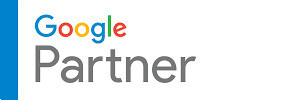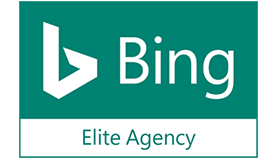
The online world has many different types of dangers, and although you may not be exposed to all of them, it is important to protect yourself.
Identity Theft
The most common online danger is having your id or information stolen. This type of identity theft is happening at an increasingly alarming rate. The first preventative step is to prevent publicly putting out any personal information. Anything which could be used to identify you. Some passwords can be reset by answering “security questions” – things you should know, but others wouldn’t. For example, your mother’s maiden name or the first school you went to. If you’re posting on forums, blogs, chat rooms, or news comment sections, you don’t want to reveal too much about yourself. A determined person could look through your comments for ways to steal your identity or passwords.
Phishing
“Phishing” is a more likely scam. It usually involves someone sending you a fake email, pretending to be a reputable representative of a service you already use. They ask you to reset your password, and provide a link. The link will go to a fake page, which looks real, and your login information is stolen when you enter it onto the fake page. To combat the phishing scam, check the address bar to make sure you’re on the correct website.
Even if you’re careful, there is still rarely a guarantee of complete safety. There have been high-profile incidents where major companies had data stolen. Yahoo Mail is one of the biggest frequent examples of customer accounts becoming compromised. Recently, in December 2016, the company revealed that a breach exposed private information for over a billion Yahoo users – in 2013.
Passwords
To create and store strong passwords, you can use a password manager. There are a lot of different utilities which can give you a bit more safety. Updating your web browser can also help, because outdated software often has security problems. To protect yourself online, stay vigilant and updated!





















